Sedimentation
Sedimentation is the process by which particles settle out of a fluid, such as a liquid or a gas, and come to rest on a surface. This process is a key component of many natural and man-made processes, including the formation of sedimentary rocks, the purification of water, and the treatment of wastewater.
Key Concepts
- Gravity: Sedimentation occurs due to the force of gravity pulling particles downwards.
- Particle Size: The size and density of particles influence the rate at which they settle during sedimentation.
- Fluid Dynamics: The properties of the fluid, such as its viscosity and flow rate, also affect the sedimentation process.
- Applications: Sedimentation is used in various industries, including environmental engineering, geology, and materials science.
Study Guide
Here are some key points to focus on when studying sedimentation:
- Understand the role of gravity in sedimentation and how it causes particles to settle out of a fluid.
- Learn about the factors that influence the rate of sedimentation, such as particle size, density, and fluid properties.
- Explore the various applications of sedimentation in different fields, including its use in the formation of sedimentary rocks, water treatment, and industrial processes.
- Study real-life examples of sedimentation processes and their importance in natural and engineered systems.
- Review any relevant equations or mathematical models used to describe sedimentation rates and behaviors.
By understanding the principles of sedimentation and its applications, you can gain a deeper appreciation for this important natural process and its role in various scientific and engineering disciplines.
[Sedimentation] Related Worksheets and Study Guides:
.◂Science Worksheets and Study Guides Eighth Grade. Plate tectonics
Study Guide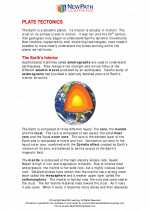 Plate tectonics
Plate tectonics  Activity Lesson
Activity Lesson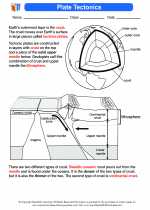 Plate Tectonics
Plate Tectonics  Worksheet/Answer key
Worksheet/Answer key Plate tectonics
Plate tectonics  Worksheet/Answer key
Worksheet/Answer key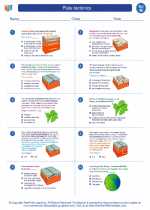 Plate tectonics
Plate tectonics  Worksheet/Answer key
Worksheet/Answer key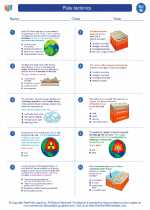 Plate tectonics
Plate tectonics  Worksheet/Answer key
Worksheet/Answer key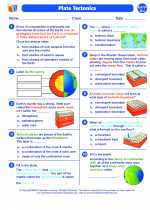 Plate tectonics
Plate tectonics  Vocabulary/Answer key
Vocabulary/Answer key Plate tectonics
Plate tectonics  Vocabulary/Answer key
Vocabulary/Answer key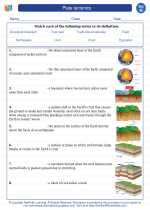 Plate tectonics
Plate tectonics  Vocabulary/Answer key
Vocabulary/Answer key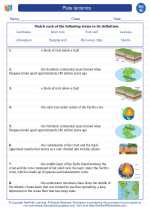 Plate tectonics
Plate tectonics  Vocabulary/Answer key
Vocabulary/Answer key Plate tectonics
Plate tectonics  Vocabulary/Answer key
Vocabulary/Answer key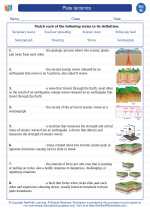 Plate tectonics
Plate tectonics  Vocabulary/Answer key
Vocabulary/Answer key Plate tectonics
Plate tectonics  Vocabulary/Answer key
Vocabulary/Answer key Plate tectonics
Plate tectonics 

 Activity Lesson
Activity Lesson
 Worksheet/Answer key
Worksheet/Answer key
 Worksheet/Answer key
Worksheet/Answer key
 Worksheet/Answer key
Worksheet/Answer key
 Worksheet/Answer key
Worksheet/Answer key
 Vocabulary/Answer key
Vocabulary/Answer key
 Vocabulary/Answer key
Vocabulary/Answer key
 Vocabulary/Answer key
Vocabulary/Answer key
 Vocabulary/Answer key
Vocabulary/Answer key
 Vocabulary/Answer key
Vocabulary/Answer key
 Vocabulary/Answer key
Vocabulary/Answer key
 Vocabulary/Answer key
Vocabulary/Answer key
